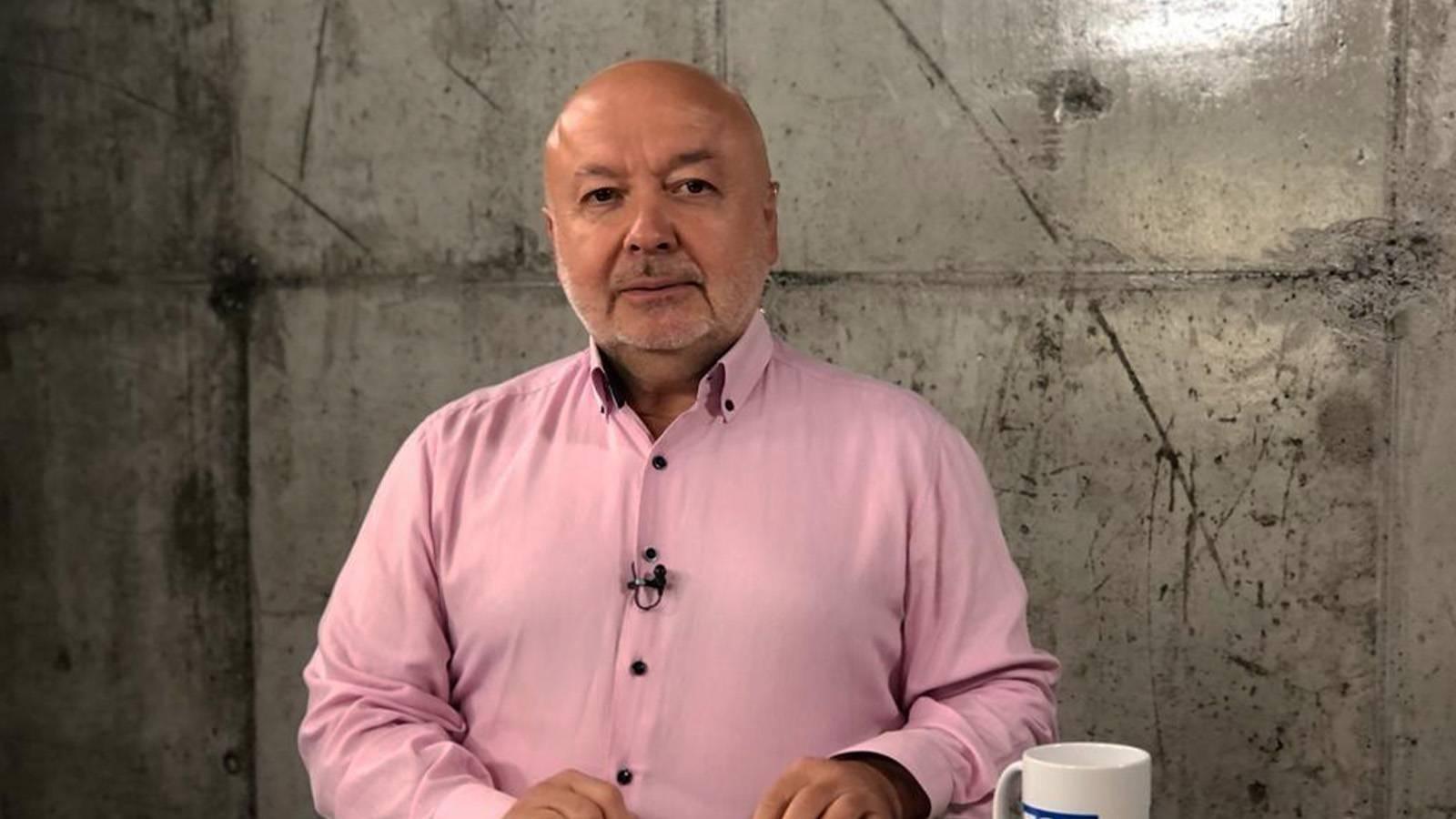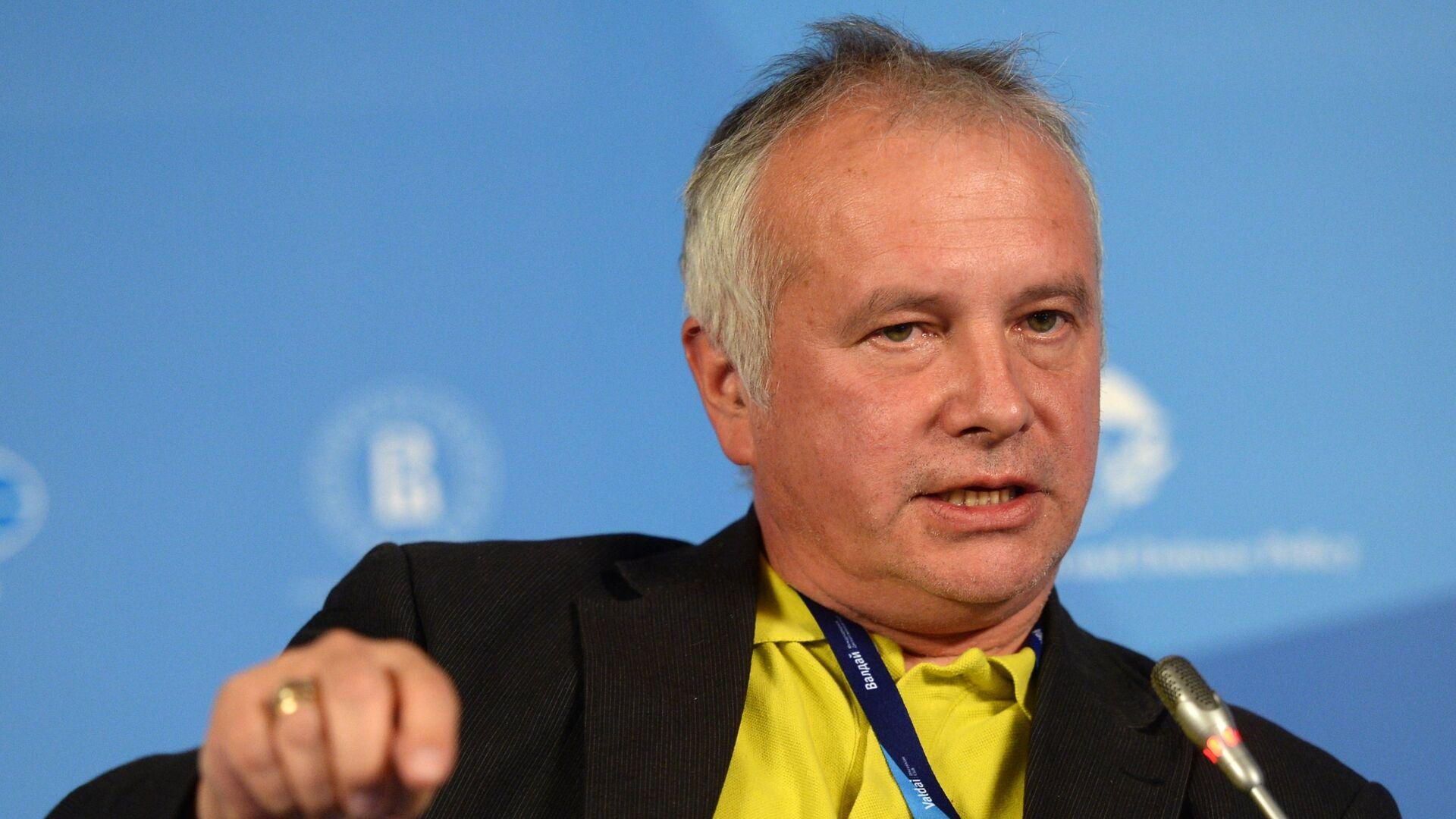"Old" Europe vs "new" Europe: will Orbán take over Brussels? Foreign analysts on Caliber.Az
Hungarian Prime Minister Viktor Orbán may become president of the European Council. It was revealed on January 7 that European Council President Charles Michel will run as a candidate in the European Parliament elections in June.
Michel plans to take up a seat in the European Parliament in mid-July if he is elected, meaning EU leaders will have to quickly agree on a successor to the vacated European Council post. If they fail to do so, Orbán, whose country will assume the rotating presidency of the EU Council in July, will lead the whole exercise, playing the role of mediator that is usually assumed by the head of the European Council, Politico emphasises.
For the first time, the incumbent president of the European Council will become a candidate in the European Parliament elections. Politico emphasises that in a normal scenario, Michel would have remained in office until the end of November, when a new College of Commissioners will be formed. While Michel's act is legally acceptable, it puts additional pressure on European leaders because they usually have more time to deal during the big reshuffle of top posts that always occurs after the EU's five-year elections.
"Following parliamentary elections, which will take place in all 27 EU countries from June 6-9, European leaders will meet on June 17 and again on June 27-28. It is at these meetings that they are likely to try to reach an agreement on Michel's replacement - although the role of European Council chief is usually part of a protracted trade between political factions after the election results become clear and they try to divide up the various top EU posts among themselves," Politico writes.
What can Orbán bring to the EU as head of the European Council? After all, he is a Hungarian politician who often opposes the common decisions of the majority of European leaders and is known for his independent steps in the foreign policy arena.
Prominent foreign analysts agreed to share their views on the situation with Caliber.Az.

Turkish political scientist and journalist Hakan Aksay reminded that there is a struggle within the EU between the so-called governing body and leaders like Orbán.
"And as we saw recently with the vote on Ukraine, the green light was only possible after an interesting move by German Chancellor Olaf Scholz. He is said to have persuaded Orbán to come out and have a coffee. And thus, the European Union, without breaking its rules, gave a start to Ukraine's membership procedure. But the coffee ran out, Orban came back and blocked material aid from the EU. After that, it was said that Brussels, in order to solve the problem, gave Hungary part of the previously promised money - 10 billion euros. But Orbán remained dissatisfied, he believes that his country should receive all 30 billion previously agreed," the expert said.
Obviously, the struggle will continue, he believes.
"The EU will do everything to get Hungary's leader to take a more pro-Western stance. But we know he has his own line. Orbán has very good relations with the Russian leadership, personally with Putin. At one time, Orbán opposed Ukraine's membership in the EU, pointing to the large number of problems in that country, and especially the high level of corruption. He may be right. But, on the other hand, I know that according to one of the studies conducted in European countries, Hungary is one of the worst places in the EU in terms of corruption. This can also be taken into account.
Hungary very often solidarises with Türkiye as well. It participates in the work of the Organisation of Turkic States (OTS). Hungary is already called almost a Turkic state, finding historical roots. Now this country is in an observer status in the OTS. This is largely the result of the policy of such an interesting leader as Orban.
I would also like to say that European leaders have big problems in general, the EU leadership has already expressed several times that the elections to the European Parliament on June 6-9 may end up with very undesirable results for it. There is a fear that many right-wing and extreme right-wing politicians, nationalists and populists from different countries will be elected to the EP. Brussels is very concerned about this, as it is no longer just about Hungary.
Recently in Holland, and before that in Italy and several other countries, right-wing populists took strong positions in power. It seems to me that all these processes in Europe will continue to develop, including under the influence of the American factor. Because after the beginning of the war between Russia and Ukraine, the US managed to fully consolidate Europe under its leadership. Washington's influence is very strong, and so if the US now switches to solving its own problems (economic, electoral and other), the EU will weaken. Hence, various unexpected things become possible, including the possibility of Orbán's nomination to the top positions," Aksay said.

Alexander Rahr, a German political scientist and professor at the WeltTrends Institute for International Politics (Potsdam), said in turn that other EU leaders would not let Orbán at the head of their organisation.
"Either Michel will be persuaded to stay on until his "successor" is decided, or they will break the regulations and agree to replace him prematurely (there are plenty of people willing to sit in Michel's chair, such as the current Dutch Prime Minister Ryuthe).
In case of emergency, Ursula von der Leyen, head of the EU Commission, will take the reins of power in her own hands, controlling Orbán’s actions in everything," the German expert believes.








